- State Board
-
12th Standard
-

Biology
-

Computer Applications
-

Computer Science
-

Business Maths and Statistics
-

Commerce
-

Economics
-

Maths
-

Chemistry
-

Physics
-

Computer Technology
-

History
-

Accountancy
-

Tamil
-

Maths
-

Chemistry
-

Physics
-

Biology
-

Computer Science
-

Business Maths and Statistics
-

Economics
-

Commerce
-

Accountancy
-

History
-

Computer Applications
-

Computer Technology
-

English
12th Standard stateboard question papers & Study material
தமிழ் Subjects
English Subjects
-
-
11th Standard
-

Maths
-

Biology
-
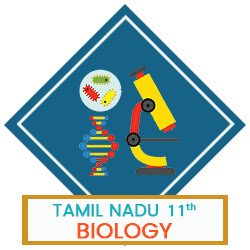
உயிரியல் - தாவரவியல்
-

Economics
-

Physics
-

Chemistry
-

History
-

Business Maths and Statistics
-

Computer Science
-

Accountancy
-

Commerce
-

Computer Applications
-

Computer Technology
-

Tamil
-

Maths
-

Commerce
-

Economics
-

Biology
-

Business Maths and Statistics
-

Accountancy
-

Computer Science
-

Physics
-

Chemistry
-

Computer Applications
-

History
-

Computer Technology
-

Tamil
-

English
11th Standard stateboard question papers & Study material
தமிழ் Subjects
English Subjects
-
-
9th Standard
-

-

-

-

-

-

-

Maths
-

Science
-

Social Science
-

Maths
-

Science
-

Social Science
9th Standard stateboard question papers & Study material
தமிழ் Subjects
English Subjects
-
-
6th Standard
-

Maths
-

Science
-

Social Science
-

Maths
-

Science
-

Social Science
6th Standard stateboard question papers & Study material
தமிழ் Subjects
English Subjects
-
-
10th Standard
-

Maths
-

Science
-

Social Science
-

Tamil
-

Maths
-

Science
-

Social Science
-

English
-

English
10th Standard stateboard question papers & Study material
தமிழ் Subjects
English Subjects
-
-
7th Standard
-

Maths
-

Science
-

Maths
-

Science
-

Social Science
7th Standard stateboard question papers & Study material
தமிழ் Subjects
English Subjects
-
-
8th Standard
-

கணிதம் - old
-

Science
-

Social Science
-

கணிதம்
-

Maths
-

Science
-

Social Science
8th Standard stateboard question papers & Study material
தமிழ் Subjects
English Subjects
-
-
12th Standard
- CBSE Board
-
12th Standard CBSE
-

Biology
-

Physics
-

Chemistry
-

Maths
-

Accountancy
-

Introductory Micro and Macroeconomics
-

Business Studies
-

Economics
-

Computer Science
-

Geography
-

English
-

History
-

Indian Society
-

Physical Education
-

Sociology
-

Tamil
-

Bio Technology
-

Engineering Graphics
-

Entrepreneurship
-

Hindi Core
-

Hindi Elective
-
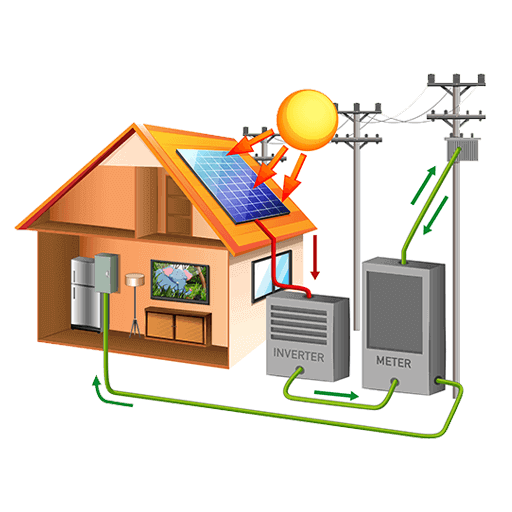
Home Science
-
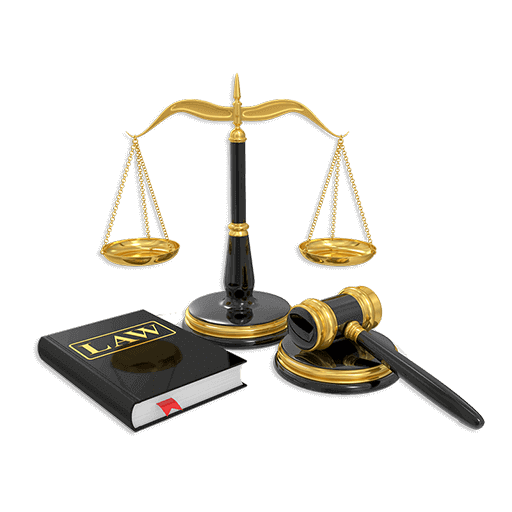
Legal Studies
-

Political Science
-

Psychology
12th Standard CBSE Subject Question Paper & Study Material
-
-
11th Standard CBSE
-

Mathematics
-

Chemistry
-

Biology
-

Physics
-

Business Studies
-

Accountancy
-

Economics
-

Computer Science
-

Bio Technology
-

English
-

Enterprenership
-

Geography
-

Hindi
-

History
-

Home Science
-

Physical Education
-

Political Science
-

Psychology
-

Sociology
-

Applied Mathematics
11th Standard CBSE Subject Question Paper & Study Material
-
- 10th Standard CBSE
-
9th Standard CBSE
-

Mathematics
-

Social Science
-

Science
-

English
-

Hindi
9th Standard CBSE Subject Question Paper & Study Material
-
-
8th Standard CBSE
-

Science
-

Social Science
-

Mathematics
-

English
8th Standard CBSE Subject Question Paper & Study Material
-
-
7th Standard CBSE
-

Mathematics
-

Science
-

Social Science
-

English
7th Standard CBSE Subject Question Paper & Study Material
-
-
6th Standard CBSE
-

Mathematics
-

Science
-

Social Science
-

English
6th Standard CBSE Subject Question Paper & Study Material
-
-
12th Standard CBSE
- Free Online Test
- News
- Study Materials
-
Students
-
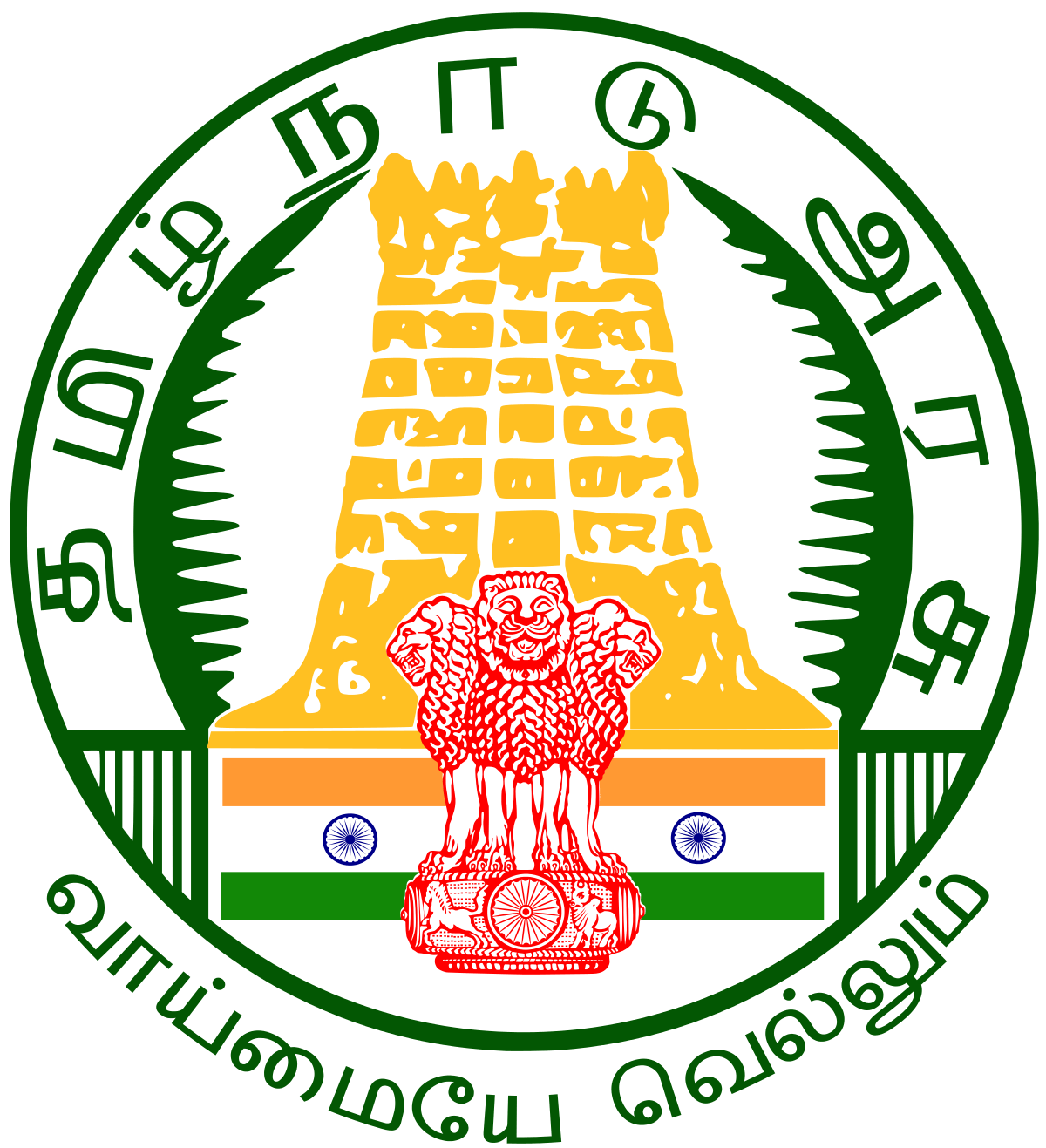
Stateboard Tamil Nadu
-

CBSE Board
-

Free Online Tests
-

Educational News
-

Scholarships
-

Entrance Exams India
-

Video Materials
Study Materials , News and Scholarships
-
-
Students

12th Standard Maths Ordinary Differential Equations English Medium Free Online Test One Mark Questions 2020 - 2021 Question Bank Software Nov-05 , 2020
12th Standard Maths Ordinary Differential Equations English Medium Free Online Test One Mark Questions 2020 - 2021
12th Standard Maths Ordinary Differential Equations English Medium Free Online Test One Mark Questions 2020 - 2021
12th Standard
-
Reg.No. :
Maths
Time :
00:10:00 Hrs
Total Marks :
10
-
The order and degree of the differential equation \(\frac { { d }^{ 2 }y }{ { dx }^{ 2 } } +{ \left( \frac { dy }{ dx } \right) }^{ 1/3 }+{ x }^{ 1/4 }=0\) are respectively
(a)2, 3
(b)3, 3
(c)2, 6
(d)2, 4
-
The differential equation of the family of curves y = Aex + Be−x, where A and B are arbitrary constants is
(a)\(\frac { { d }^{ 2 }y }{ { dx }^{ 2 } } +y=0\)
(b)\(\frac { { d }^{ 2 }y }{ { dx }^{ 2 } } -y=0\)
(c)\(\frac { { d }y }{ { dx } } +y=0\)
(d)\(\frac { { d }y }{ { dx } } -y=0\)
-
The solution of the differential equation \(2x\frac{dy}{dx}-y=3\) represents
(a)straight lines
(b)circles
(c)parabola
(d)ellipse
-
The degree of the differential equation \(y(x)=1+\frac { dy }{ dx } +\frac { 1 }{ 1.2 } { \left( \frac { dy }{ dx } \right) }^{ 2 }+\frac { 1 }{ 1.2.3 } { \left( \frac { dy }{ dx } \right) }^{ 3 }+....\) is
(a)2
(b)3
(c)1
(d)4
-
The solution of the differential equation \(\frac { dy }{ dx } +\frac { 1 }{ \sqrt { 1-{ x }^{ 2 } } } =0\) is
(a)y + sin-1 x = c
(b)x + sin-1 y = 0
(c)y2+ 2 sin-1 x = c
(d)x2+ 2 sin-1y= c
-
The number of arbitrary constants in the general solutions of order n and n +1 are respectively
(a)n-1,n
(b)n,n+1
(c)n+1,n+2
(d)n+1,n
-
The slope at any point of a curve y = f (x) is given by \(\frac{dy}{dx}=3x^2\) and it passes through (-1, 1). Then the equation of the curve is
(a)y = x3 + 2
(b)y = 3x2 + 4
(c)y = 3x4 + 4
(d)y = 3x2 + 5
-
The order and degree of the differential equation \({ \left[ \left( \frac { { d }^{ 2 }y }{ { dx }^{ 2 } } \right) +\left( \frac { dy }{ dx } \right) \right] }^{ \frac { 1 }{ 2 } }=\frac { { d }^{ 3 }y }{ { dx }^{ 3 } } \) are __________
(a)1, 2
(b)2, 1
(c)3, 2
(d)2, 3
-
The solution of sec2x tan y dx + sec2y tan x dy = 0 is _________
(a)tan x+tan y = c
(b)sec x + sec y = c
(c)tan x tan y = c
(d)sec x- sec y = c
-
The transformation y = vx reduces \(\\ \\ \\ \frac { dy }{ dx } =\frac { x+y }{ 3x } \) __________
(a)\(\frac { 3av }{ 4v+1 } =\frac { dx }{ x } \)
(b)\(\frac { 3dv }{ v+1 } =\frac { dx }{ x } \)
(c)\(2x\frac { dv }{ dx } =v\)
(d)\(\frac { 3dv }{ 1-2v } ==\frac { dx }{ x } \)
Answer all the questions
10 x 1 = 10
*****************************************
12th Standard Maths Videos
TN 12th Applications of Matrices and Determinants Important 2 Marks Questions With Answers (Book Back and Creative)
TN Class 12 Maths Applications Of Matrices And Determinants Study Materials TN State Board / Matriculation 12th Maths Subject - Applications Of Matrices And Determinants Chapter Two Mark Question and Answers



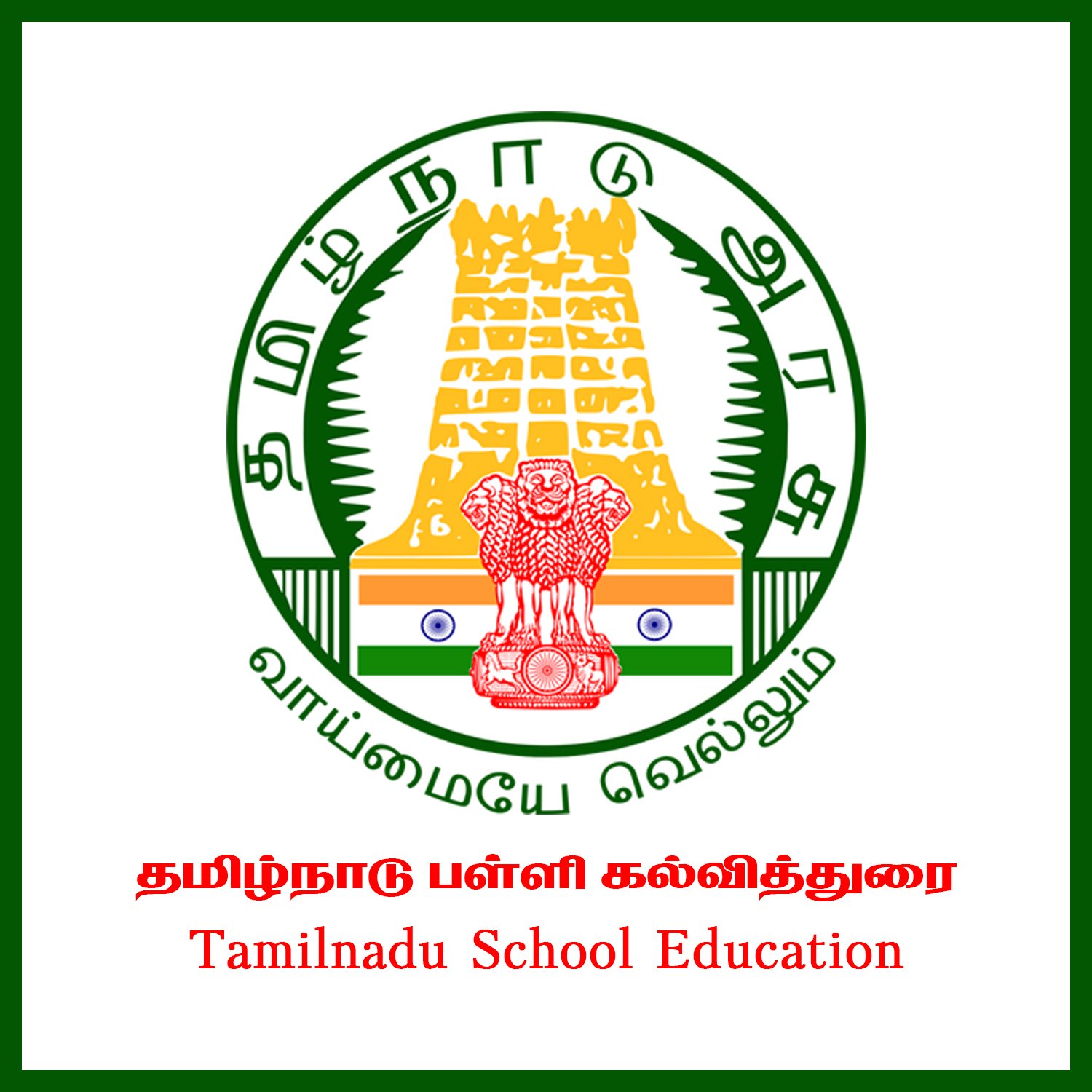

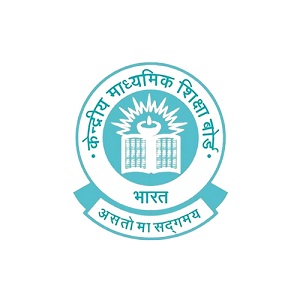
 12th Standard Maths Syllabus
12th Standard Maths Syllabus  12th Standard Maths Study Materials
12th Standard Maths Study Materials 12th Standard Maths MCQ Practise Tests
12th Standard Maths MCQ Practise Tests 

Reviews & Comments about 12th Standard Maths Ordinary Differential Equations English Medium Free Online Test One Mark Questions 2020 - 2021
Write your Comment